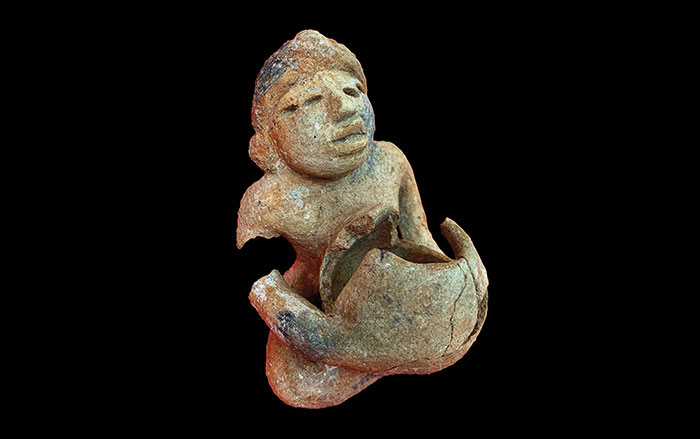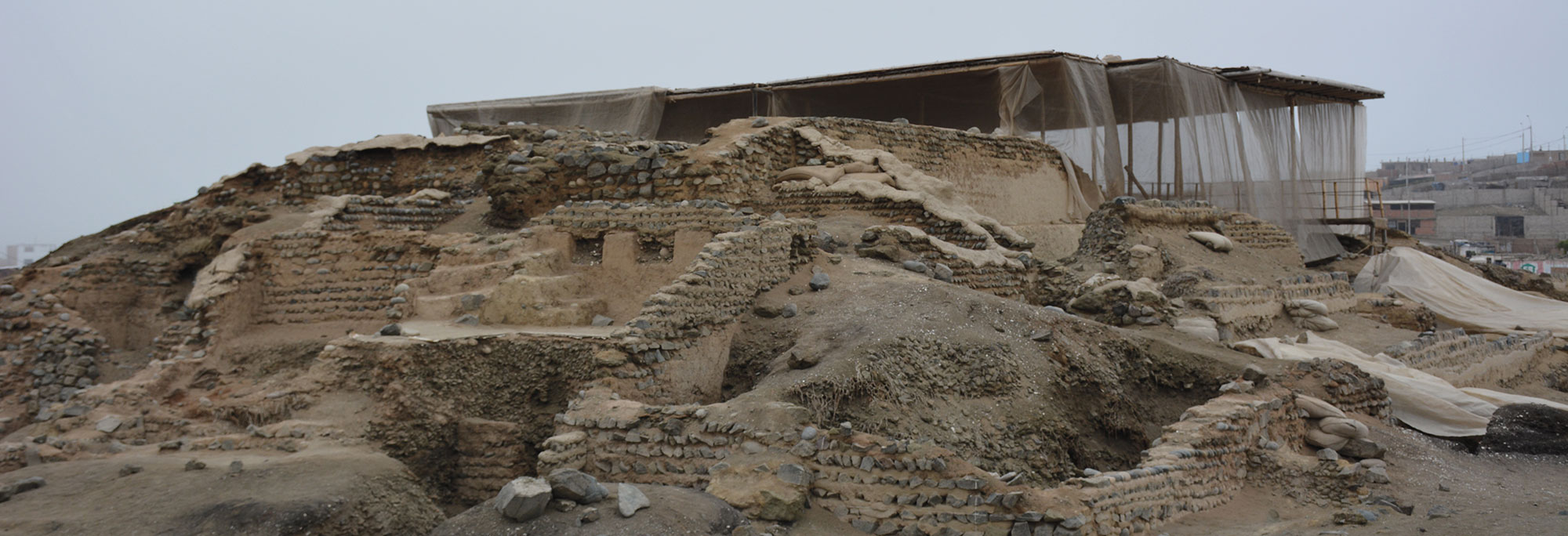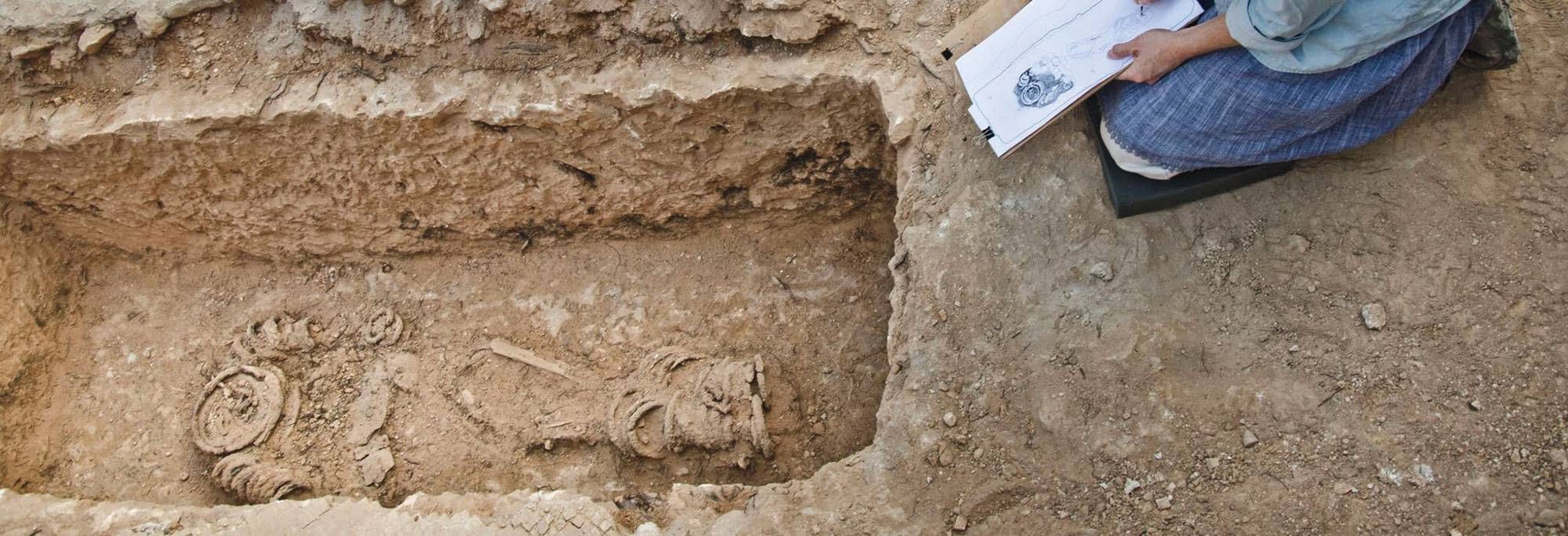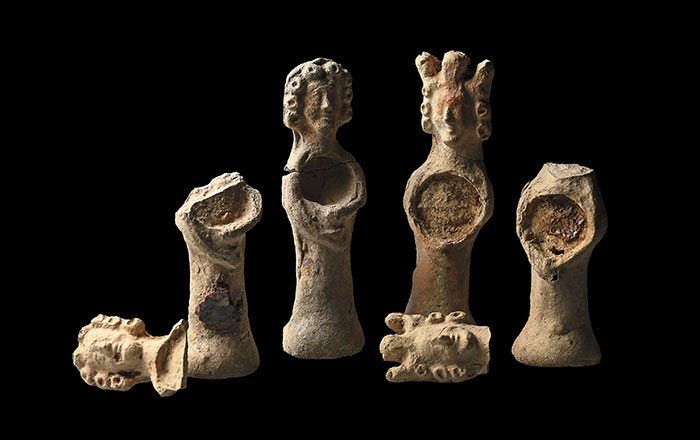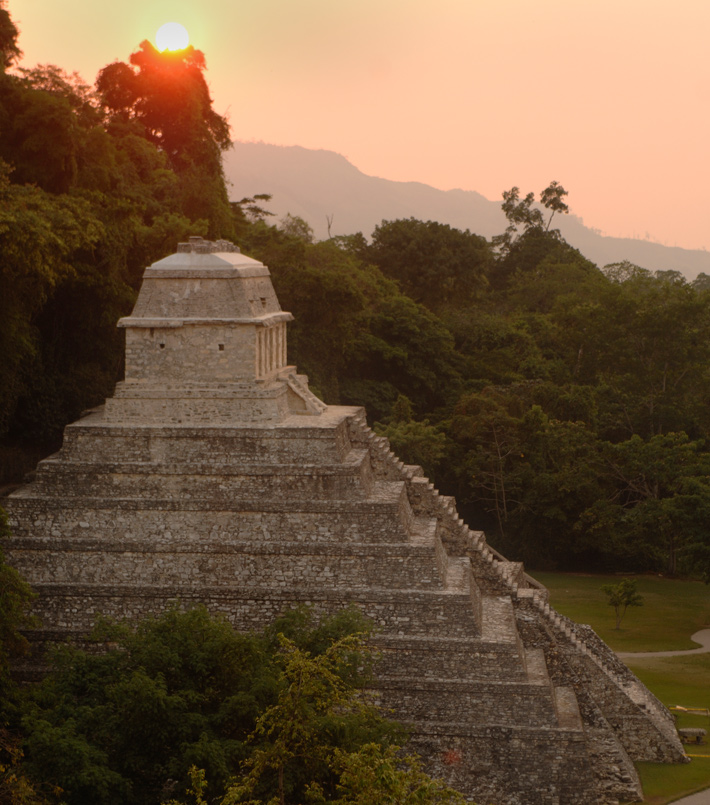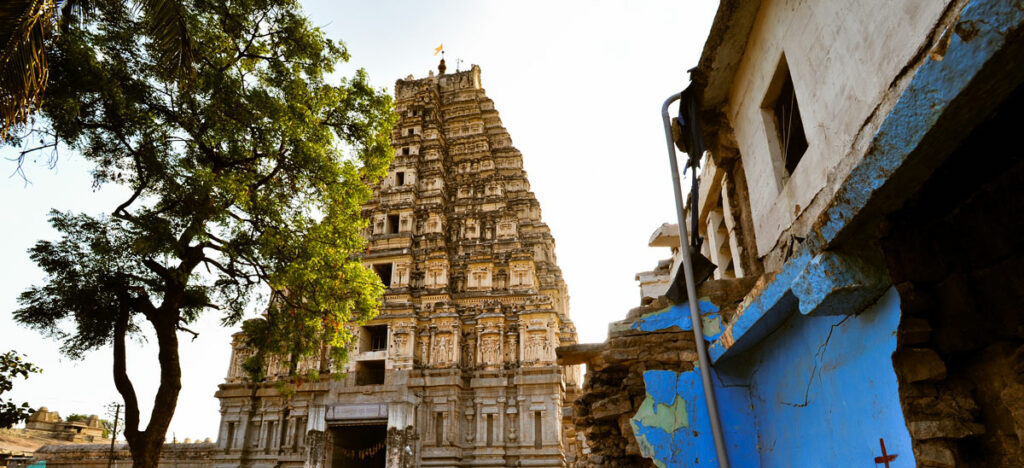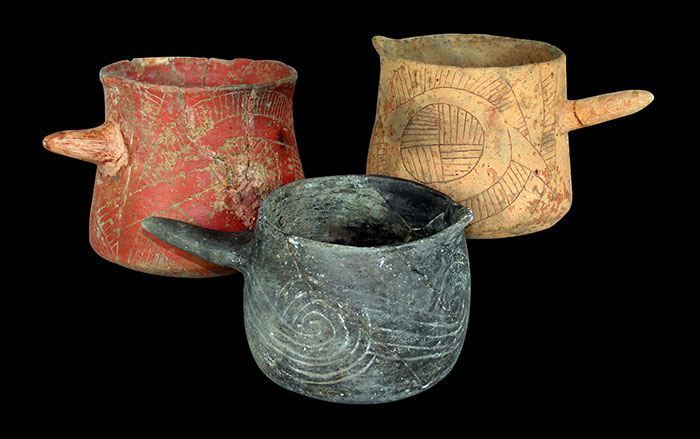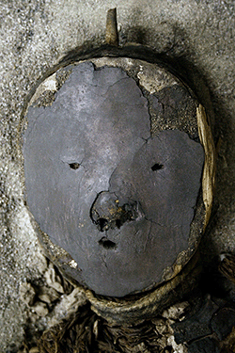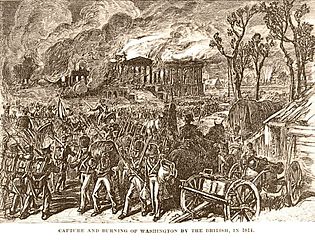
BALTIMORE, MARYLAND—In 1814, the British had already burned Washington, D.C., and were planning a siege of Baltimore when American militiamen attacked a British raiding party at Caulk’s Field. State archaeologist Julie Schablitsky is investigating the War of 1812 battle site with cadaver-sniffing dogs and volunteers bearing metal detectors. So far, three potential burial sites have been found, and the locations of brass buttons, munitions, and coins indicate that the battle had spread over a wider area than had been previously thought. “We never developed it, so the potential was always there. We never let anyone out there with metal detectors because we wanted to do it properly. Now it is and we couldn’t be happier,” said Richard van Stolk, one of the land owners.


